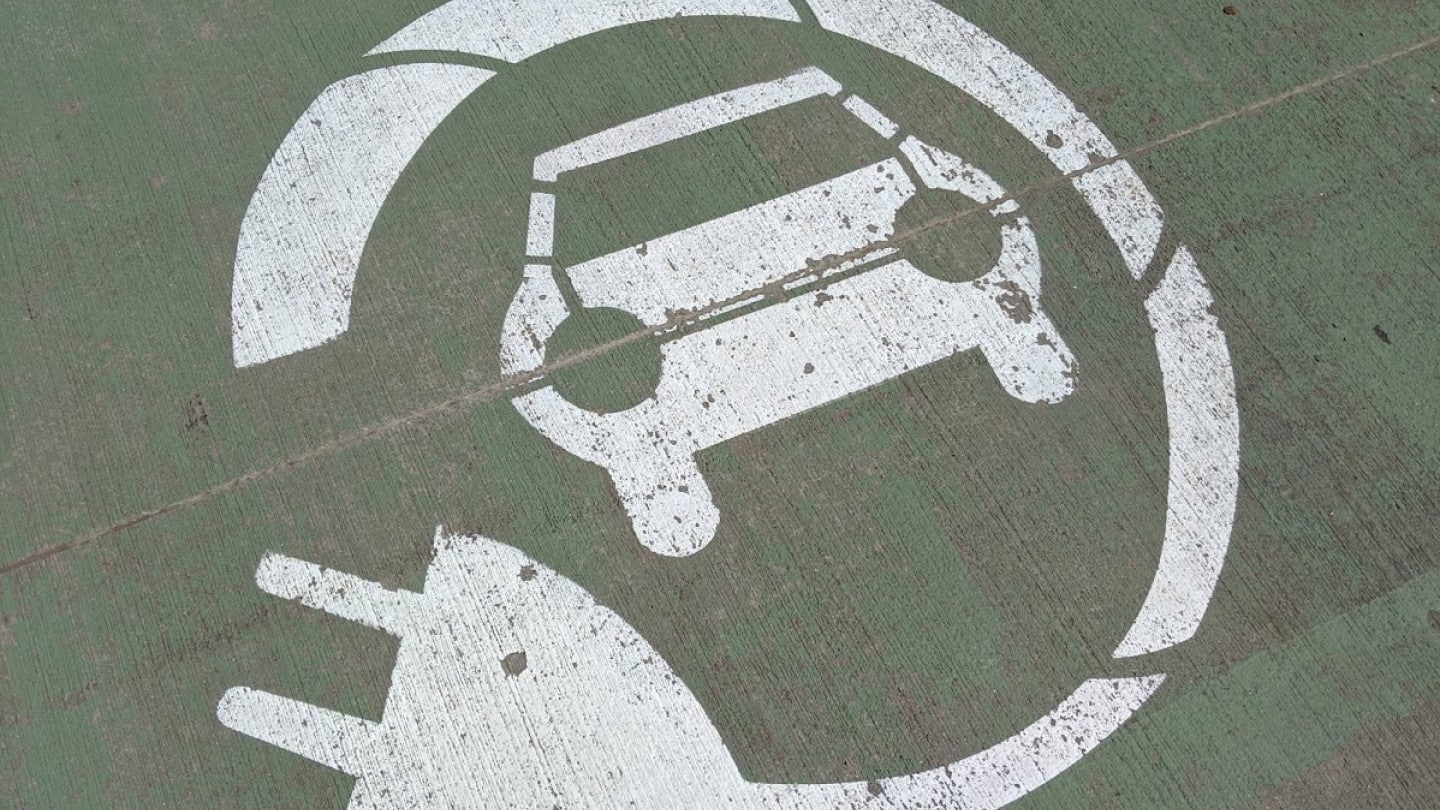Expanded vehicle choice and more electric vehicles on Colorado roads will help provide air quality, health, and economic benefits across the state.
Multiple studies show that Colorado will see significant economic benefits with higher levels of electric vehicle adoption, including driver savings, downward pressure on electric rates which benefits all ratepayers, and emissions reductions. Colorado is uniquely positioned to help lead the transition to cleaner transportation options by developing technologies and jobs that will benefit the state for years to come.
Thankfully, Colorado has chosen to lead.
Colorado is the first state in nearly a decade to adopt a standard to promote electric, zero emission vehicles, and the first state ever to do so by negotiated rulemaking with automakers. Over the past several months, we worked together to develop a zero emission vehicle — or ZEV — standard that addresses the needs of both Colorado and auto manufacturers. Last month, the state’s Air Quality Control Commission overwhelmingly approved our proposal, which included input from a diverse range of stakeholders.
The new ZEV standard will require automakers to sell a growing share of zero-emission vehicles each year and includes incentives to bring electric vehicles to Colorado as early as January 2020. As a result of our collaboration, Coloradans will have more choices and should see more vehicle options sooner, including electric crossovers and sport utility models.
As a state, Colorado is poised to accelerate the transition to electric vehicles, saving consumers money in the long run—and, most importantly, helping to reduce pollution. This action is necessary to help reduce emissions from the transportation sector despite increased efficiency of vehicles that run on gasoline or diesel.
Transportation emissions, which include more than just light-duty cars and trucks, are currently the second largest source of greenhouse gases and one of the top contributors of ozone pollution in Colorado. Electric vehicles tap into an increasingly clean and cost-effective energy mix, as wind and solar power are now the least expensive electricity generation resources in the state. Plus, new legislation passed earlier this year will help speed the trend toward cleaner energy sources.
With these transformative actions, it is increasingly clear that electric vehicles are a vital part of Colorado’s energy future, not just for those who live along the Front Range or near larger cities, but also for our rural and mountain communities.
Coloradans have shown a willingness to support an expansion of the zero emission vehicle market. This is especially true with the supportive policy environment and consumer demographics that currently place Colorado fourth in the country for electric vehicle market share. The dynamic in Colorado helps bolster demand that will only continue to grow with increasing charging infrastructure, strong consumer incentives, and utility market integration that will lower costs and further expand vehicle options— including larger vehicles with increased range that are well-suited for diverse road and weather conditions.
However, demand is only half the story.
The supply of electric vehicles and consumer awareness of state and federal incentives are also critical components of a robust, successful market. Manufacturers are already investing heavily in the development of zero emission vehicles. Automakers also have more incentive to make zero emission vehicles available to consumers in states like Colorado that provide supportive measures such as charging infrastructure and tax credits for the purchase or lease of an electric vehicle.
With electric vehicle options rapidly increasing, this was the right moment for our agreement to come together. Seven years ago, there were just a handful of electric vehicle models available in states with a ZEV standard. Today, there are nearly 60 models available including battery electric, fuel cell, and plug-in hybrid powertrains. In the past year, virtually every major auto company has announced broad electrification plans that will more than double the options available for purchase in the coming years.
The growing adoption of electric vehicles in Colorado creates a win for the public, the environment, and the quality of life that attracts people to our state.
Originally posted on The Colorado Sun.
By: Jill Hunsaker Ryan @JillHRyan
Executive director, Colorado Department of Public Health and Environment
Jill Ryan is the executive director of the Colorado Department of Public Health and Environment. Shoshana Lew is the executive director of the Colorado Department of Transportation. Will Toor is the executive director of the Colorado Energy Office. David Schwietert is the interim CEO of the Alliance of Automobile Manufacturers.
Shoshana Lew
@ColoradoDOT
Will Toor
@WillToor
David Schwietert
@auto_alliance
